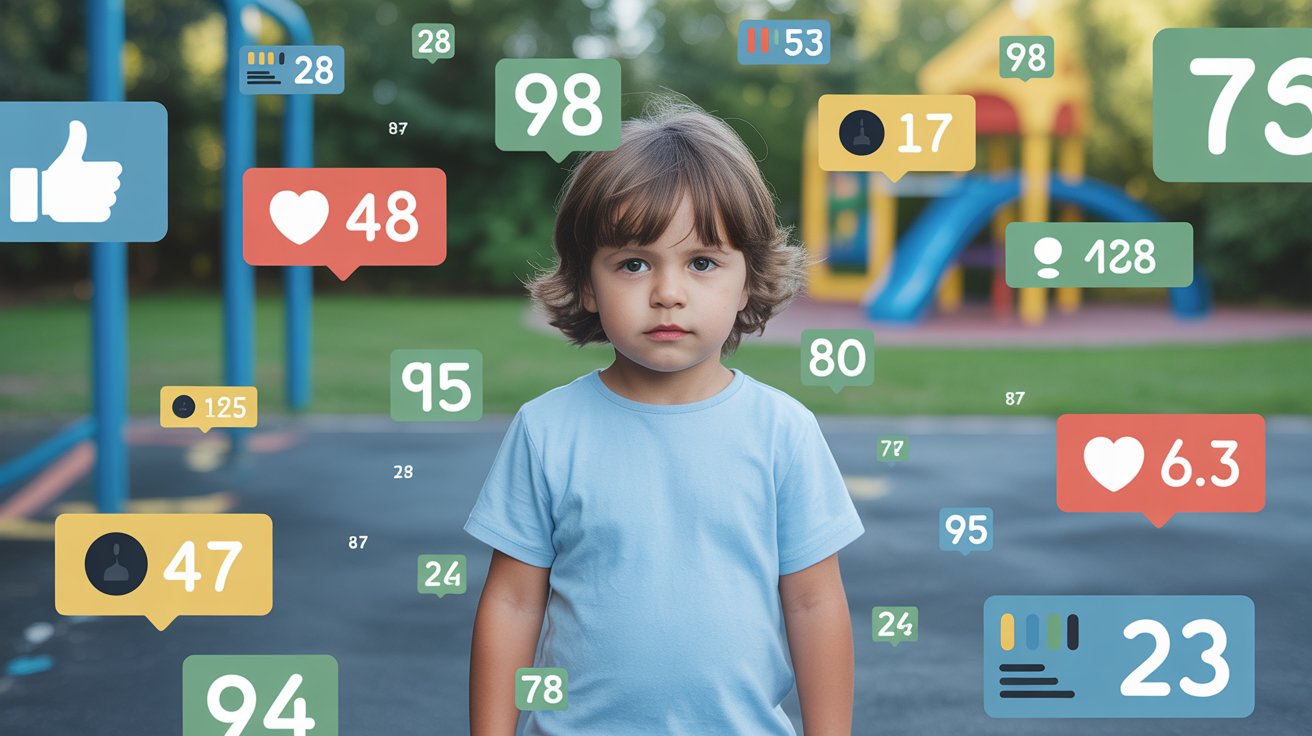
September 11, 2025
Scoring Childhood: The Rise of Reputation Metrics for Kids and Teens
Children and teens are growing up in a world where their digital presence is measured, monitored, and ranked. From school platforms that track participation to social media algorithms that quietly assign trustworthiness scores, reputation systems are no longer reserved for adults. The rise of reputation metrics for the youngest users raises an urgent question: what happens when childhood becomes quantified?
From Likes to Lifelong Labels
For many young users, reputation systems begin with simple metrics like likes, shares, or badges. At first glance, these may seem harmless. Yet behind the interface, more complex algorithms are already at work. These systems evaluate behavior, consistency, reliability, and even social interactions to create hidden profiles that influence what children and teens see, who they connect with, and how they are perceived online.
Over time, these digital scores can morph from lighthearted gamification into lifelong labels. A child flagged as less engaged or unreliable could carry that reputation forward into academic systems, peer relationships, or even future opportunities.
The Weight of an Algorithmic Childhood
The promise of scoring is that it creates accountability and rewards positive behavior. The danger is that it imposes a rigid framework on children who are still experimenting, learning, and making mistakes. Unlike adults, young users have little power to challenge how they are categorized. An algorithmic misstep can cement an unfair reputation before they have a chance to grow out of it.
This raises several critical concerns:
- Can children consent to being scored in ways they cannot fully understand?
- Should mistakes made in adolescence be remembered by machines forever?
- What happens to creativity and risk-taking when kids know every action could affect a permanent score?
Psychological Fallout: Growing Up Graded
For young minds, reputation scores create invisible pressure. A child who knows their interactions are being measured may feel anxious about self-expression. Teens may choose conformity over authenticity to maintain favorable rankings. The natural trial-and-error of childhood risks being replaced by fear of digital judgment.
This anxiety can manifest in several ways:
- Fear of experimenting with new ideas or hobbies
- Hyper-focus on optimizing behavior for rewards
- A constant need for validation through metrics
- A distorted sense of identity tied to numerical performance
What should be a time for exploration and learning risks turning into an endless performance for algorithms.
The Commercial Angle
Beyond psychological effects, reputation scoring also creates commercial value. Platforms that track children’s behavior can monetize those insights, tailoring ads and offers with precision. A child marked as a “leader” may be targeted differently from one tagged as a “follower.” Parents may unknowingly reinforce these profiles by purchasing products recommended through algorithmic suggestions.
This commodification of identity shifts childhood into a marketplace where personality traits and social patterns become assets to be exploited.
Trust and Fairness in Scoring Systems
The central issue is not whether reputation systems exist, but whether they are fair, transparent, and accountable. Children cannot appeal a hidden algorithm’s judgment. Parents may not even know such scores exist. Schools, platforms, and companies must ask themselves: is it ethical to assign reputation to those who cannot fully comprehend the consequences?
Some principles are essential for fairness:
- Transparency: Children and parents must know what is being measured and how scores are used.
- Right to reset: Young users should be able to erase or reset their digital reputation as they grow.
- Limits on profiling: Scoring should never extend into areas that can affect safety, opportunity, or dignity.
- Human oversight: No child should be judged solely by a machine.
Alternatives: Measuring Growth, Not Labels
Instead of locking children into reputation systems, platforms could focus on growth-oriented measures. Rather than assigning scores, they could highlight milestones, celebrate improvement, and allow mistakes without permanent consequences. Encouraging resilience and curiosity creates healthier digital environments than turning life into a leaderboard.
Conclusion: Protecting Childhood From Metrics
Childhood is a time for exploration, mistakes, and growth. Turning it into a quantified competition risks harming identity, creativity, and mental health. Reputation systems may promise accountability, but for children and teens they often deliver judgment without consent.
As platforms expand their reach into younger lives, society must decide whether to accept or resist the scoring of childhood. Protecting the next generation means ensuring that identity is shaped by experience and choice, not by algorithms that measure and monetize innocence.
Childhood should not be a scoreboard. It should remain a space where trust, discovery, and self-expression are free from the weight of metrics.